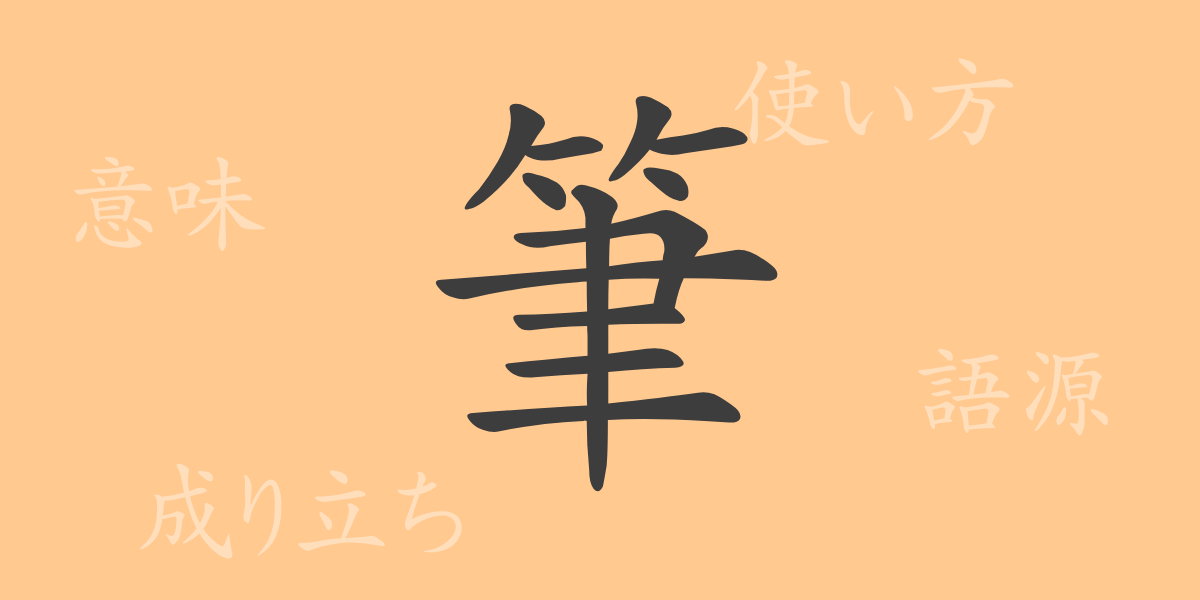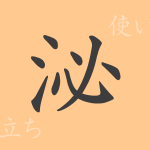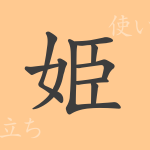The “筆 (fude)” deeply rooted in Japanese culture, is an entity that holds a meaning far beyond just a writing tool. In this article, we will delve into every aspect of the fude, from its origins to its modern uses, and even the idioms and proverbs associated with it. By understanding the historical background and cultural value of the fude, we get closer to the essence of this tool that we still cherish today.
Origins of the Fude (語源)
The origin of the fude dates back to ancient China, during the Yin dynasty. Originally, it meant a “tool with hair attached to a handle,” and it was used not only for writing but also for painting and decoration. It was introduced to Japan during the Nara period and has since contributed to the development of various cultural practices such as calligraphy and painting.
Meaning and Usage of the Fude
In modern Japan, the fude is primarily known as a tool used in calligraphy, but it is also used as a paintbrush in the field of art. Additionally, the metaphorical expression “筆を取る (fude wo toru)” means to write, and in a broader sense, it can refer to all creative activities.
Reading, Stroke Count, and Radical of 筆
Basic information about the fude is also important for Japanese language learners.
- Reading: In on-yomi (音読み), it is “ヒツ (hitsu),” and in kun-yomi (訓読み), it is “ふで (fude)”
- Stroke Count: 12 strokes
- Radical: It belongs to the “竹 (takekanmuri)” radical
Idioms, Phrases, and Proverbs Using 筆 and Their Meanings
The fude appears in numerous idioms, phrases, and proverbs. For example, “筆力 (hitsuryoku)” refers to the power of writing, “一筆啓上 (ippitsu keijou)” is used at the beginning of a letter, “筆を折る (fude wo oru)” means to stop writing, and “筆の誤り (fude no ayamari)” refers to a typo or an incorrect expression.
Summary About 筆
The fude plays an important role not only in calligraphy and painting but also in Japanese expressions. Considering how culture has been formed and conveyed through the fude, the significance of this single tool is immeasurable. Even in modern times, the cultural value of the fude is significant, and it is our role to connect this tradition to the future.

























